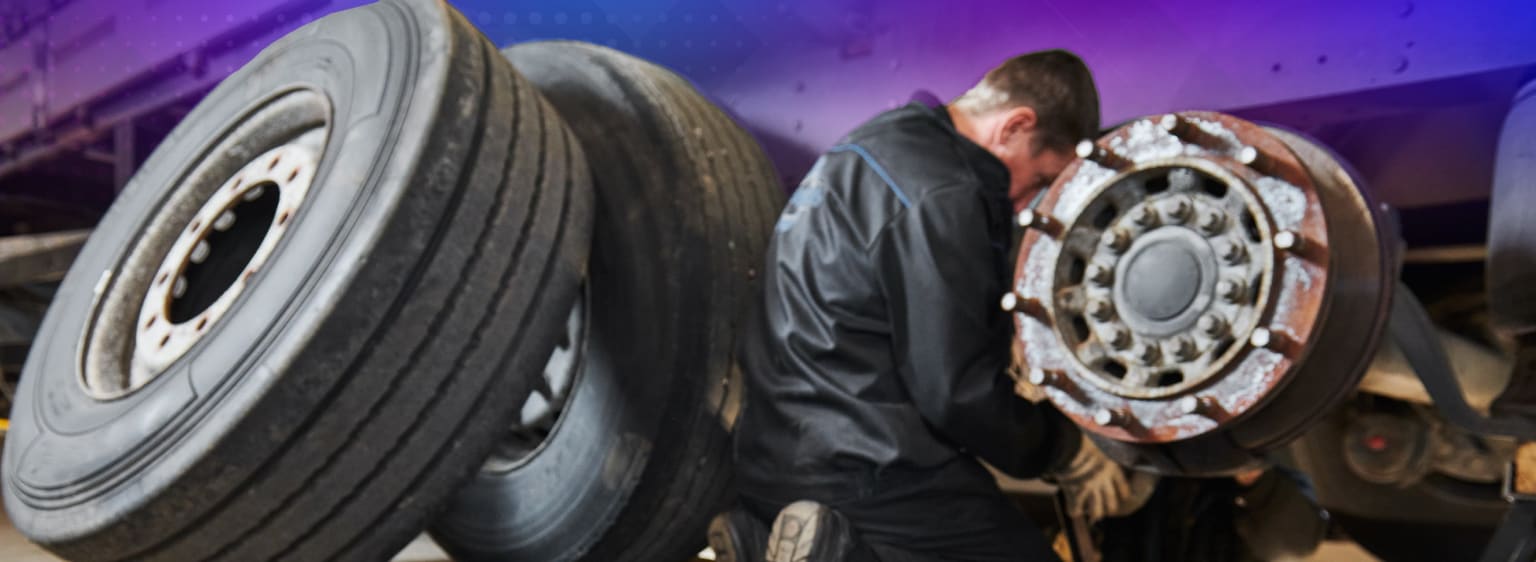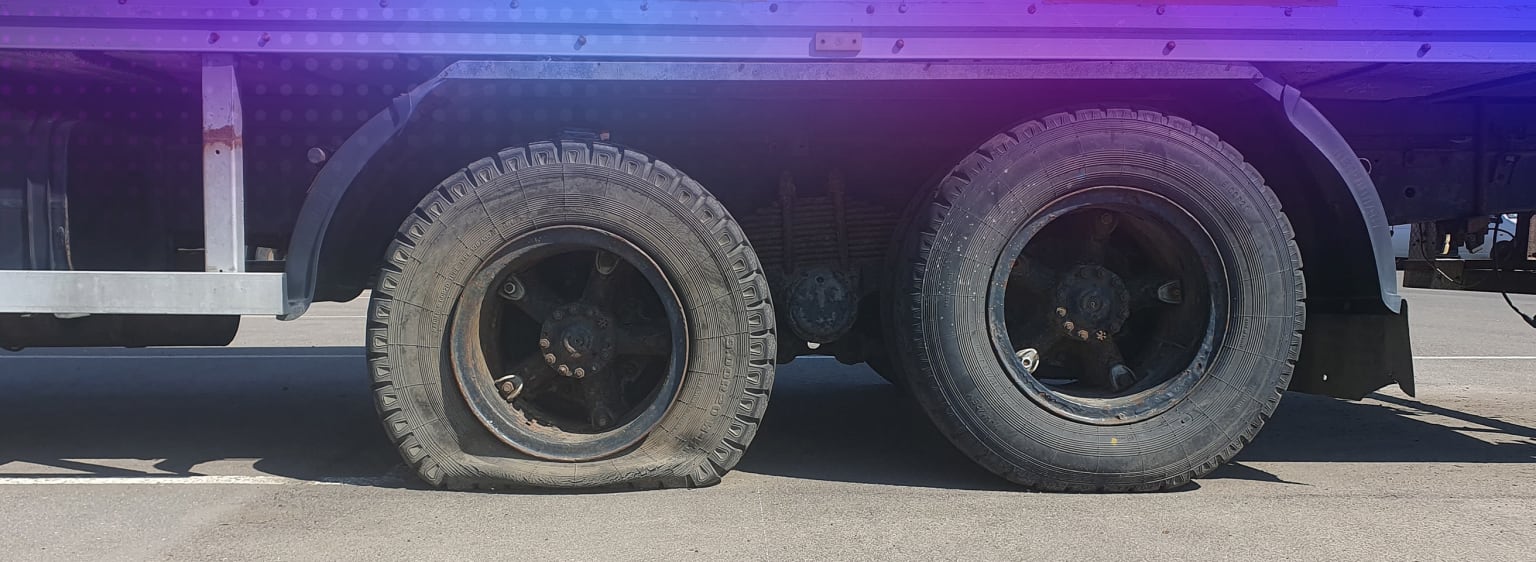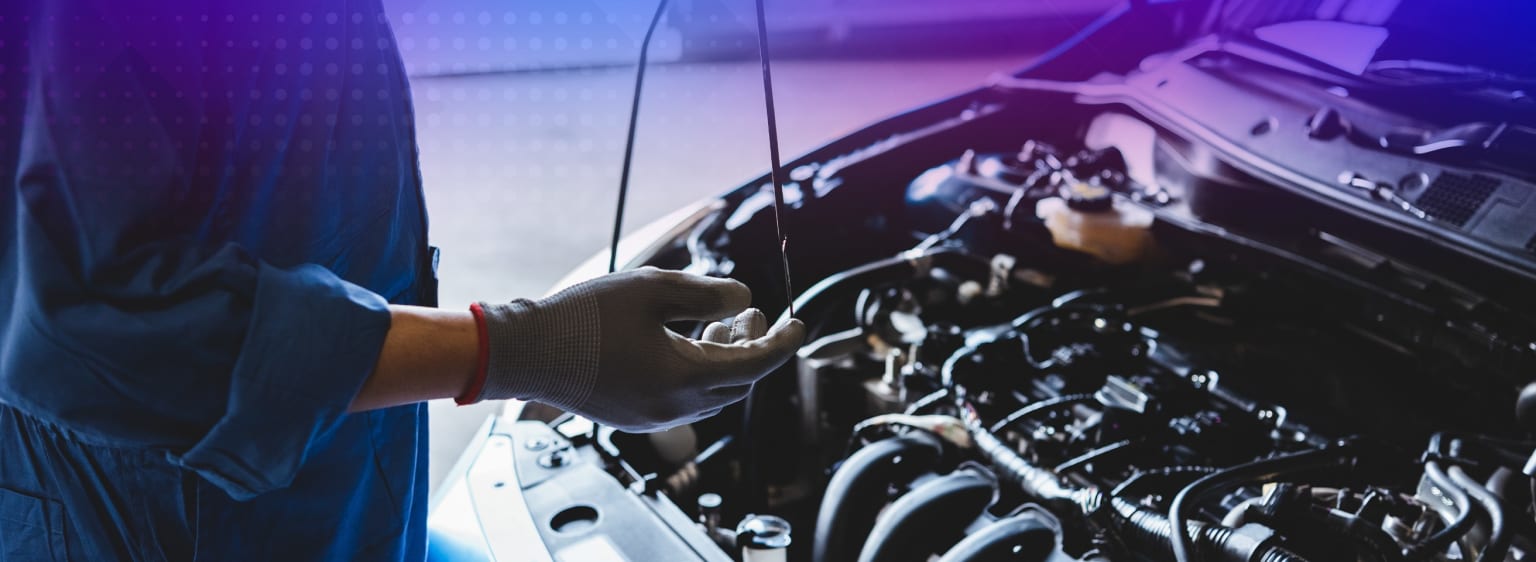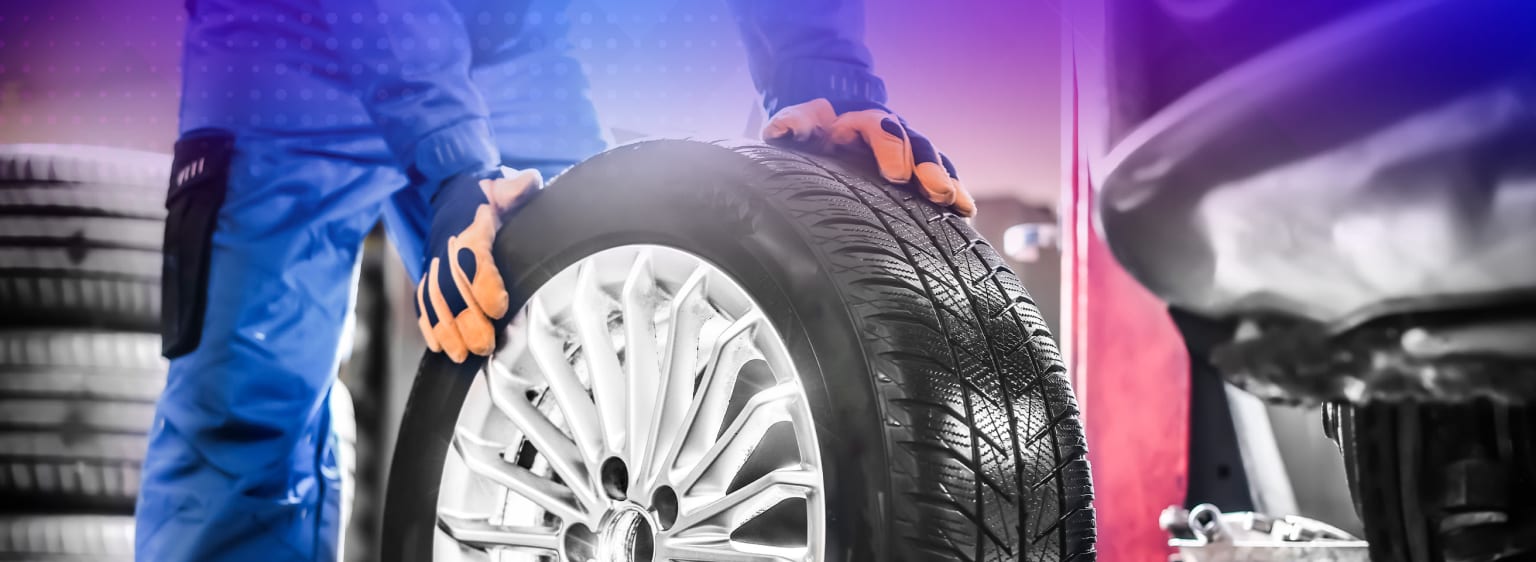
Preventive vs. Reactive Maintenance
Preventive vs. Panic
In automotive care, two distinct approaches stand out: preventive maintenance vs. reactive maintenance. While both are integral to keeping your vehicle running smoothly, they differ significantly in their methodology and outcomes. Preventive maintenance operates proactively, while reactive repairs are triggered by existing issues or breakdowns. While sometimes unavoidable, this reactive approach can be costly and disruptive, especially with commercial vehicles and their direct impact on professional success. Fortunately, there are ways to mitigate the need for reactive interventions. Read on to distinguish between preventive maintenance vs. reactive maintenance and how Aschenbach Automotive Group will help you care for your vehicle for long-term success.

What is Preventive Maintenance?
Unlike typical vehicle service that is reactive to a breakdown, preventive maintenance is proactive. Preventive maintenance ensures optimal performance and longevity through scheduled intervals of downtime that will reduce the likelihood of breakdowns and maximize the vehicle's uptime. Your vehicle's oil, spark plugs, hoses, filters, chassis, brakes, and general engine health are all components that need regular attention. Giving your vehicle periodic TLC sets it up for longitudinal success in terms of safety, efficiency, and economics. Taking action with preventive maintenance vs. reactive maintenance also reduces vehicle risk and improves fuel mileage. Plus, for commercial vehicles, it may result in fewer roadside inspection violations that would otherwise worsen your fleet's CSA (Compliance, Safety, Accountability) score. Preventive maintenance upholds regulatory standards and ensures your fleet's safety and reliability while on the road.

What is a Reactive Repair?
As the title denotes, a reactive repair is reactionary to a preexisting issue in your vehicle. In the preventive maintenance vs. reactive maintenance comparison, the former mitigates potential issues, while the latter is what happens when you fail to do so. If you consistently neglect the preventative care of your vehicle, you'll likely encounter reactive repair. For example, your vehicle breaks down while on the road, and you have no choice but to get it serviced. The consequential process of reactive maintenance is costly in many ways. The original issue damages your vehicle, the maintenance is expensive, and the delayed downtime of waiting on various external factors will likely decrease performance and profitability. The wear and tear will also reduce your vehicle's lifespan. Unfortunately, you can't entirely escape the need for reactive repairs, but you can eliminate the likelihood.

The Overlap: Corrective Maintenance
The distinction between preventive maintenance vs. reactive maintenance isn't wholly binary. An overlap between the two is corrective maintenance, which reacts to an identified issue with proactive maintenance before it becomes prominent. With a preventive maintenance routine, you'll likely encounter corrective maintenance. Corrective maintenance is one of the ultimate goals of preventive maintenance to keep your net day-to-day operations running smoothly in the long run.

Take Action
When it comes to automotive care, some questions are complex. But preventive maintenance vs. reactive maintenance? That one is easy. Preventive maintenance keeps you and your vehicle successful and is always preferable to the havoc of reactive repairs. To keep reactive repairs at bay, begin implementing a preventative maintenance routine. This includes regular vehicle inspections administered by you or our team, scheduled intervals of downtime for vehicle assessment and appropriate maintenance, and a customized maintenance schedule for your vehicle based on the vehicle's repair history, age, mileage, model, etc. Contact Aschenbach Automotive Group to create your custom maintenance schedule today.